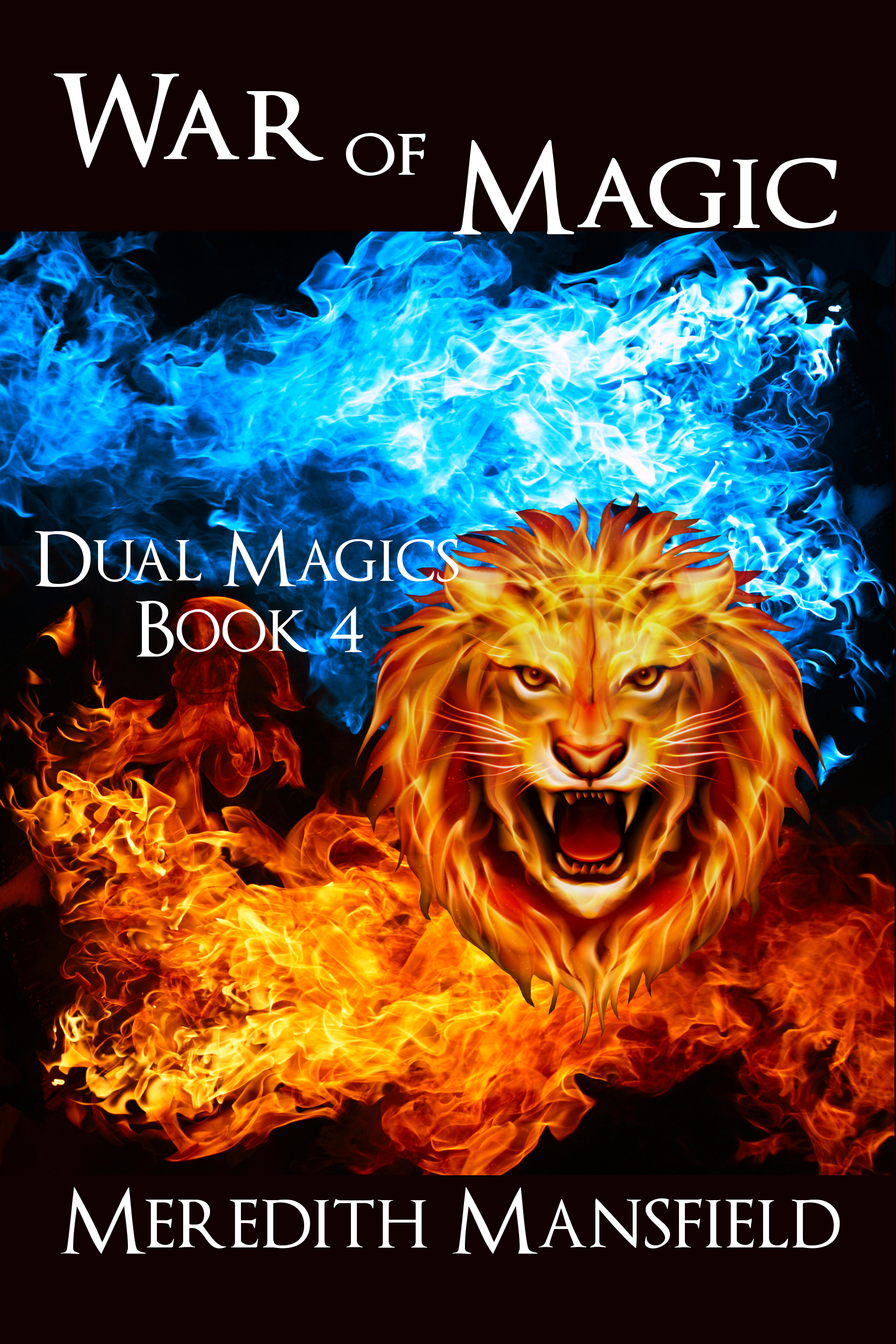A couple of days ago, I posted about the short story I’d recently published that had been held up (for more than a decade!) because I meant to turn it into a novel.
Well, the truth is that I had written that novel–years ago. But that first version somehow, without my intending it, turned out to be a middle grade novel. I have absolutely nothing against middle grade novels. I just know that trying to market them is a nightmare. And, since marketing is already the aspect of writing that I do least well (to put it mildly), I decided that was not something I wanted to publish.
Then I decided I could take that story and write it as epic fantasy, but that wasn’t working out. Which is about the time I started having trouble writing at all. Well, after that last post, it suddenly struck me WHY that last attempt to rewrite Mage Storm had failed. I was doing it trying just to expand that story, not really add more story.
Thing is, I have more story. I’d come up with ideas for three sequels. And, you know what, I could just combine the first sequel into that original story to make a bigger story. And, possibly do the same with the other two sequel ideas. Two books instead of four, but, you know, potentially at least actual finished books at some point.
I’m not going to abandon my Arthurian story, but I will start reading through that earlier version of Mage Storm and see what the possibilities are.
Plus, I’ve started doing some world building on that other idea I mentioned in my Goals post. It’s inspired by another bit of British history, but this time I definitely don’t want to go down the research rabbit holes I’ve explored for the Arthur story, so I need to create a sufficiently different world for it.
Multi-tasking.
(Heh! I’ve already posted here more than I did all of last year.)







